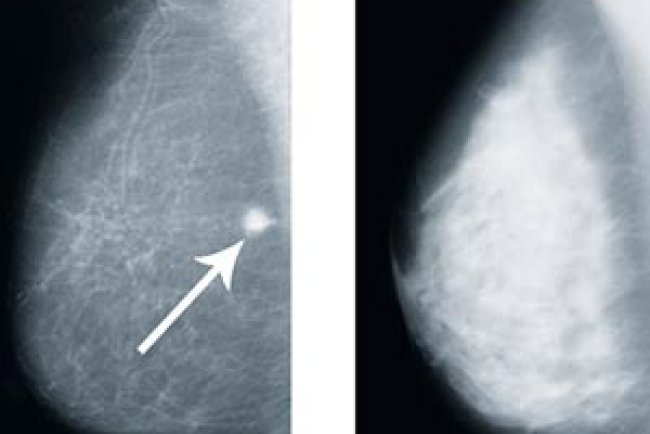A Straightforward Guide to Your First (or Next) Gynecologist Visit: Gyn Care 101
Let us face it, hardly many individuals get excited when they think about seeing a gynecologist. It is susceptible. It is personal. It can be awkward at times. However, it is also a crucial component of maintaining your health, particularly if you are a woman or have female reproductive organs. It is your straightforward, human-centered guide to gynecological care, whether you are getting ready for your first appointment or simply want to know what goes on behind that paper robe.
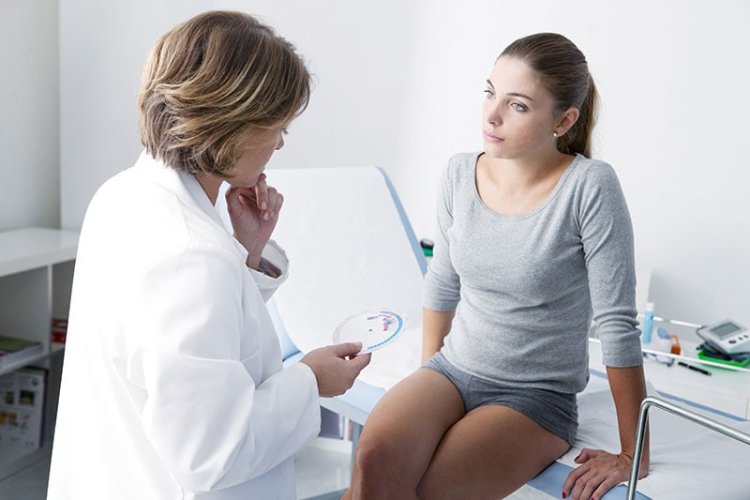
When Is the Right Time to See a Gynecologist?
In a nutshell, at least once by the age of 21, or about the time you start having sex. However, it goes beyond sex. It involves knowing your reproductive health, including your periods, comfort level, and potential fertility, and ensuring that everything is operating as it should.
However, you may not have to see a professional right away. Particularly for routine screenings or discussions on birth control, many patients begin with their primary care provider (PCP), who may be a family physician or nurse practitioner. That is perfectly OK. The fact that you are receiving treatment is more important than the location of that care.
Typical Justifications for Scheduling a Gyn Visit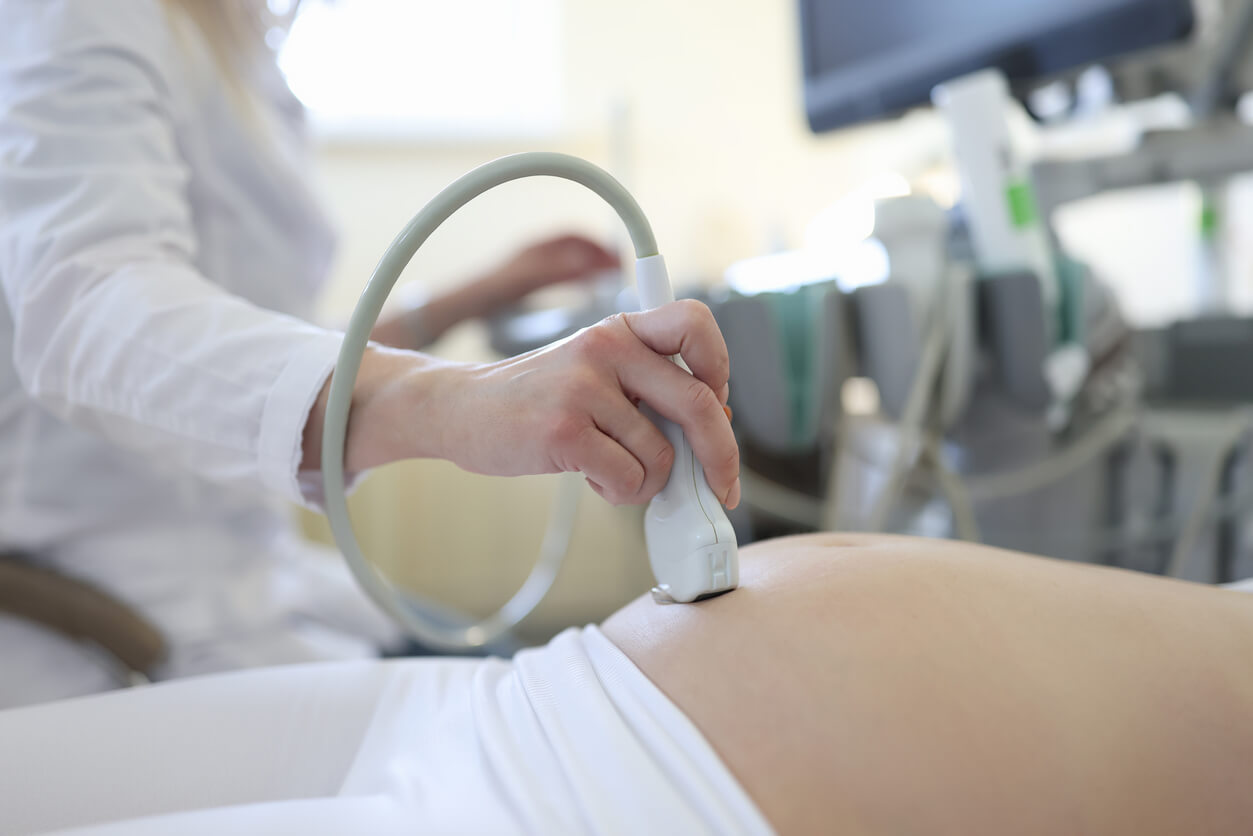
Although Pap smears are a component of gynecological treatment, it is not the only aspect. The following are some of the most popular—and very legitimate—reasons why individuals schedule appointments:
Pap smear for screening for cervical cancer
Prescription drugs and counseling for birth control
Heavy, erratic, or painful periods
Variations in vaginal discharge, which may indicate an infection
Testing for STIs, whether or not you exhibit symptoms
Burning, urgency, or blood in the urine are signs of a UTI.
Uncomfortable sex
Vulva rashes, discomfort, or bumps
Issues related to the menopause or perimenopause (such as hot flashes, dryness, or disturbed sleep)
A regular check-in can be powerful and preventative, even if you are not experiencing any symptoms.
Which Should You See, a Gynecologist or a PCP?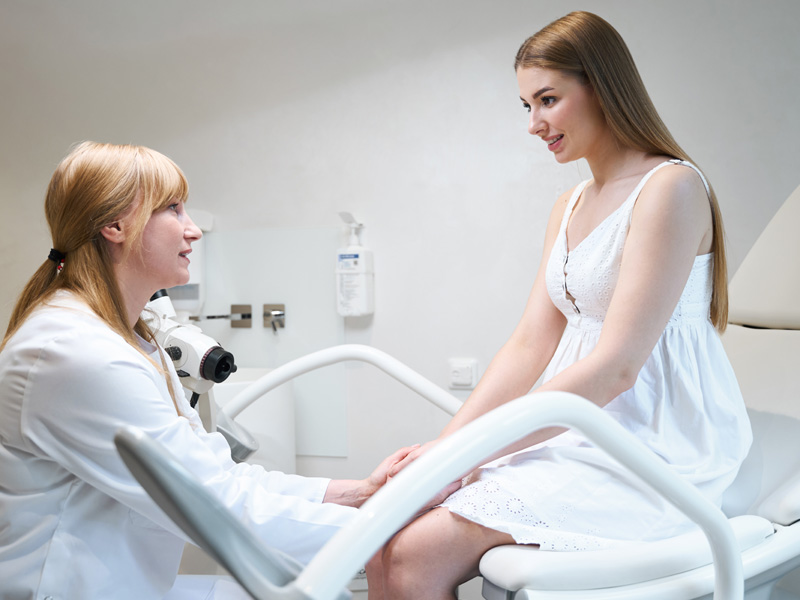
Your typical physician can manage a lot. They are capable of managing infections, prescribing birth control, and performing STI testing. However, there are specific circumstances in which it makes sense to see a gynecologist right away:
You have excruciating pelvic pain or discomfort during intercourse.
Your periods are extremely heavy or erratic.
You frequently have UTIs or yeast infections.
You are looking for a long-acting birth control technique, such as an implant or IUD.
You desire delicate, specialist care because you have had sexual trauma.
Gynecologists undergo additional training for years that is exclusively focused on reproductive health. They are therefore your first choice when things become complicated.
What Takes Place During a Gyn Appointment?
A glimpse behind the scenes: Usually, a visit begins with a discussion. Anticipate inquiries concerning your medical history, menstrual cycle, sexual life, and any ongoing concerns. This is not intrusive; it is essential background information to provide you with the finest service.
If this is your first comprehensive examination, the doctor may then: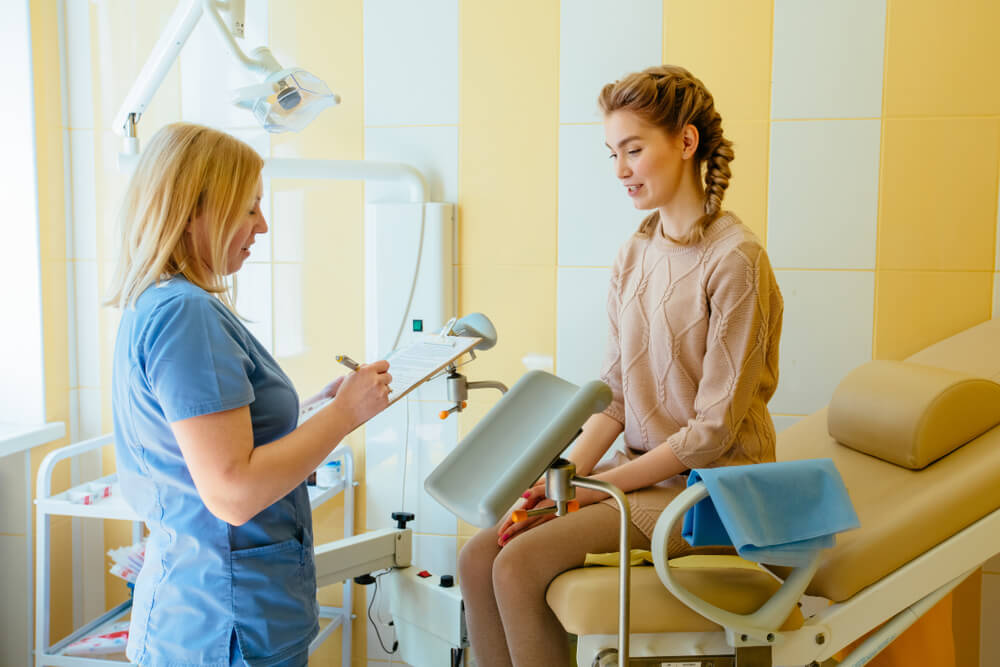
An examination of the breasts
A pelvic examination that involves examining the vulva and checking the inside of the cervix and vagina with a speculum
Based on your background and age, a Pap smear
If you are experiencing symptoms, consider being tested for STIs or infections.
The speculum exam should not hurt, however it may feel like pressure or some discomfort. If it does, say something. Your comfort is a component of the care, not an extravagance.
Things to Talk About (Even If It Seems Odd)
Let us make being inquisitive and proactive commonplace. Write down any worries you may have in advance, since once you are in that thin little paper robe, you might forget. It is quite acceptable (and crucial) to inquire about the following:
STI exposure, previous sexual partners, or history of testing
Low libido or pain during intercourse
Urine leakage or difficulty containing it
Pain, inconsistency, or flooding during periods
Odors or vaginal discharge that seem "odd"
Down there, there may be rashes, pimples, or skin irritation.
Plans for fertility, either now or in the future
This is your area. No query is too little or too odd.
How to Make the Appointment More Comfortable
Feeling stiff or uncomfortable is quite normal.
These are sensitive discussions and examinations. However, there are methods to make it simpler:
If this is your first pelvic exam, let your clinician know.
Inform them of any sexual trauma or exam anxiety you may have had.
Before doing anything, get a detailed explanation.
Throughout the test, practice breathing deeply and steadily.
If it helps, ask to have a chaperone or support person in the room.
At every stage, you are free to speak up for your comfort, your limits, and your body.
In summary, gym care is about you.
Seeing a gynecologist can help you learn to appreciate, value, and take control of your reproductive health in addition to preventing disease. Every visit is an opportunity to pay a bit more attention to your body, whether you are managing symptoms, looking for answers, or simply turning up for normal treatment.
So feel free. Make that appointment. Bring inquiries. Raise your voice. You are being proactive, not overly dramatic or cautious. And you should be proud of that.
What's Your Reaction?









